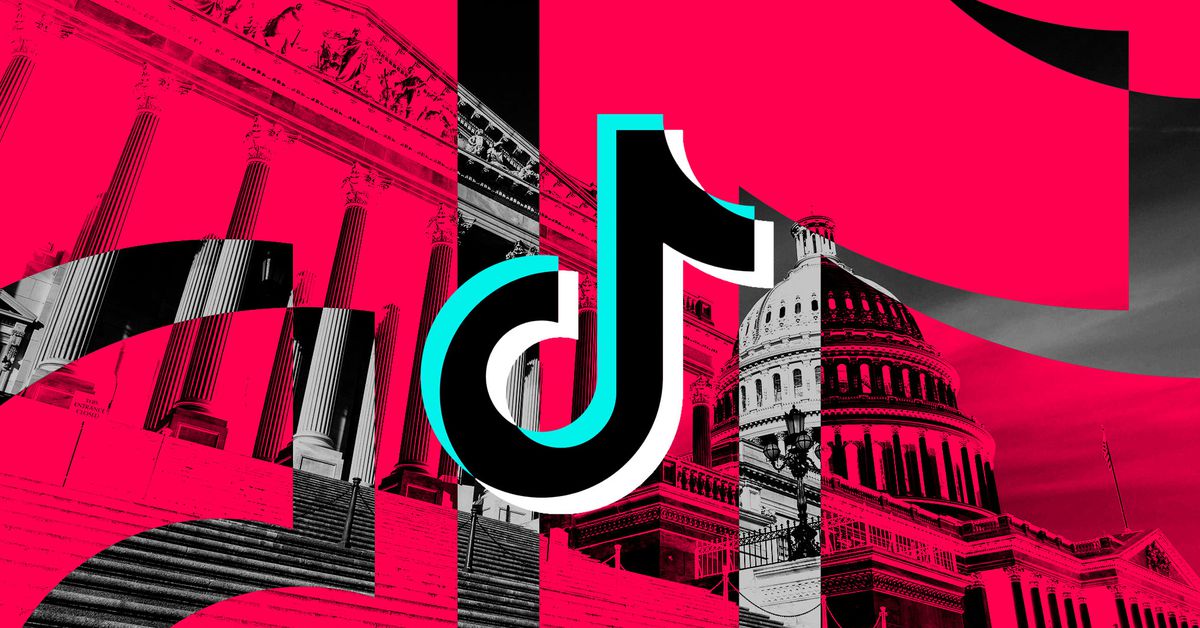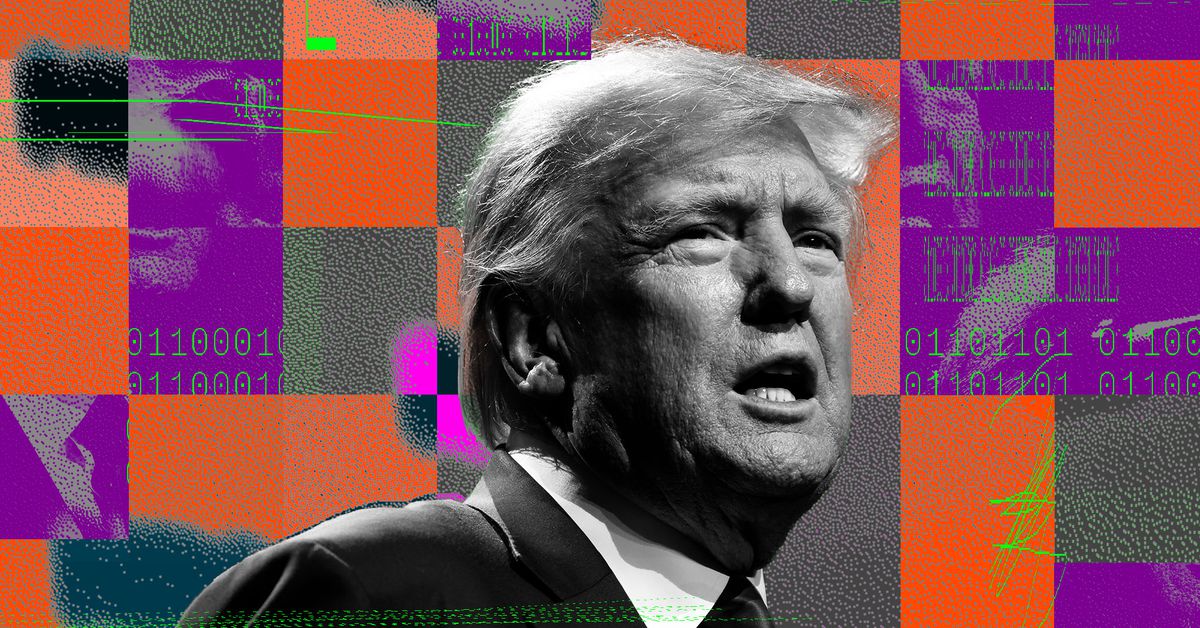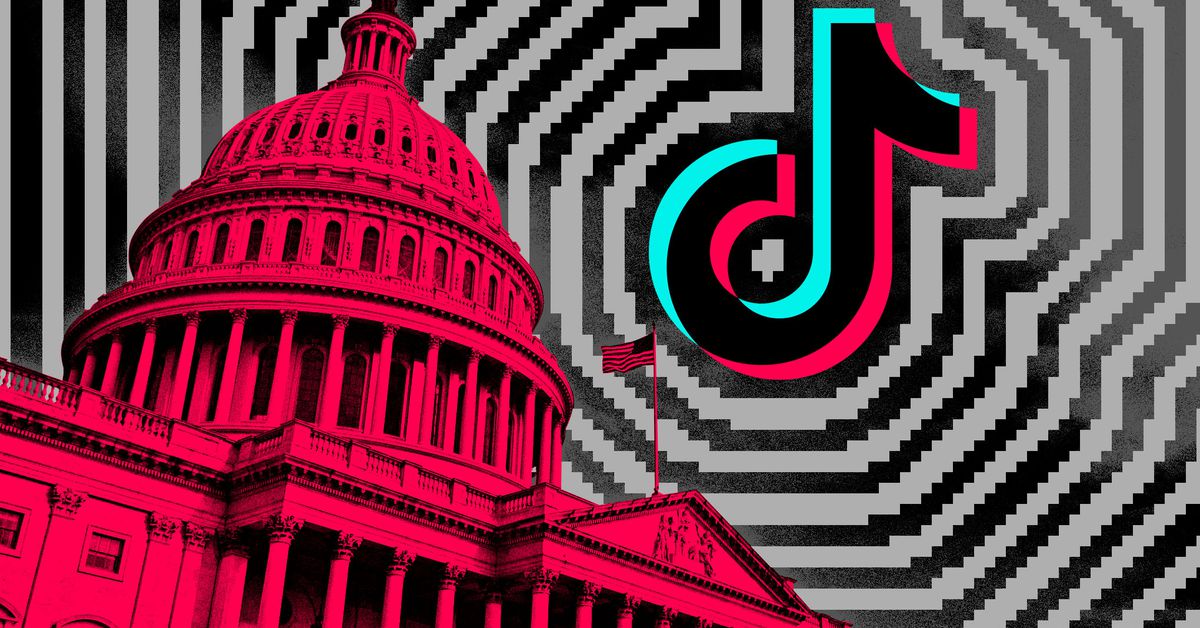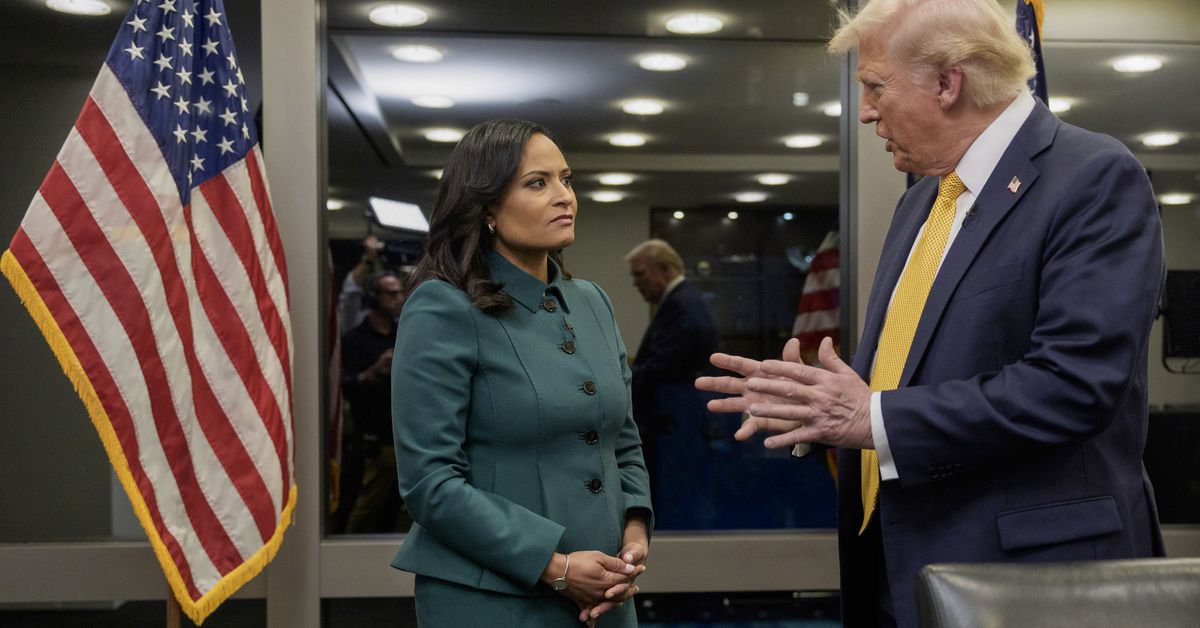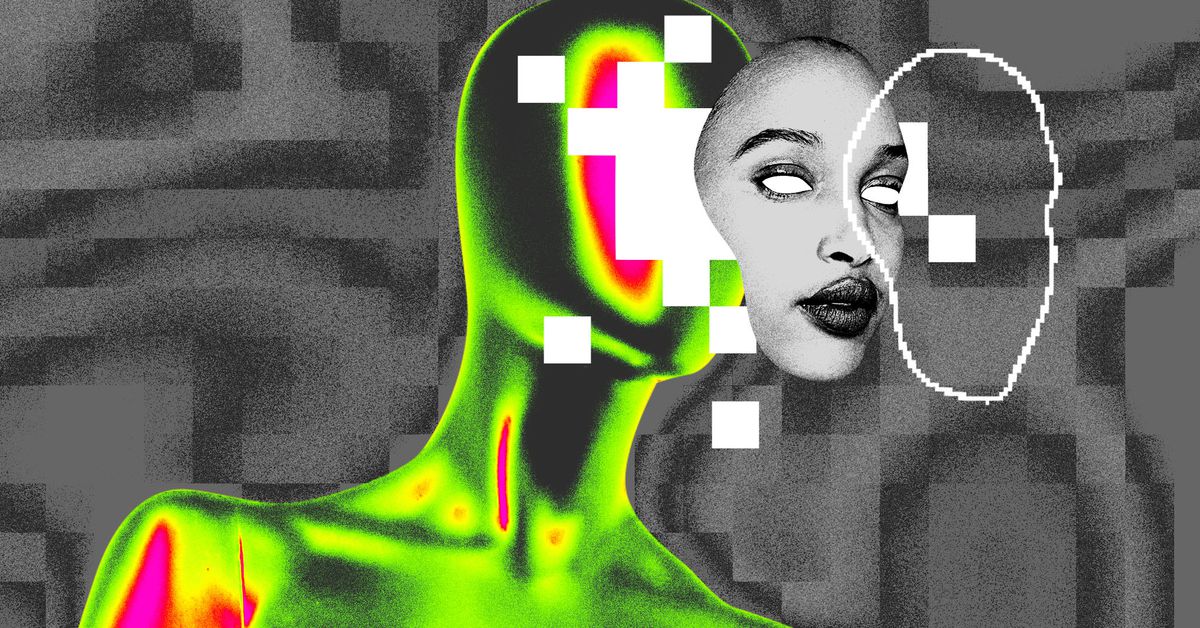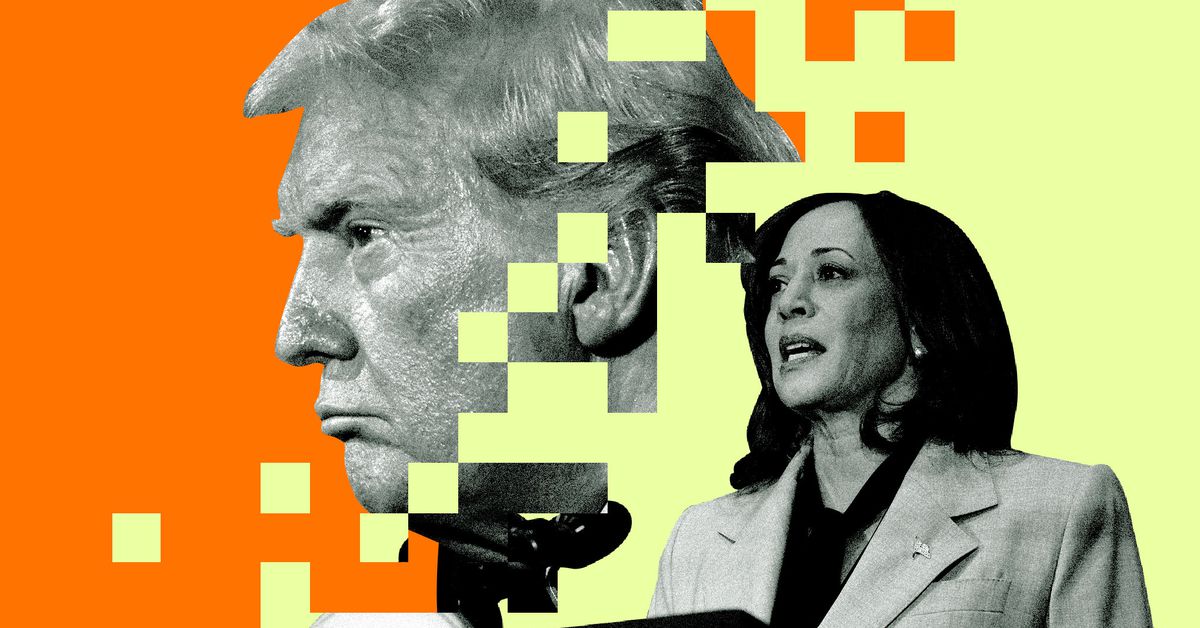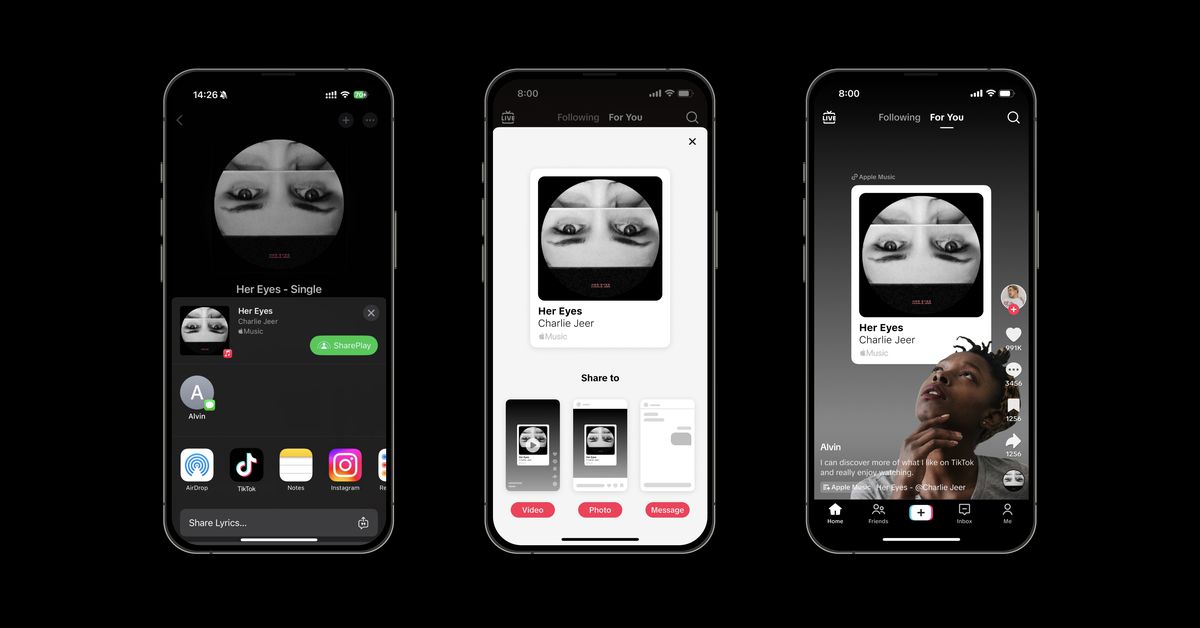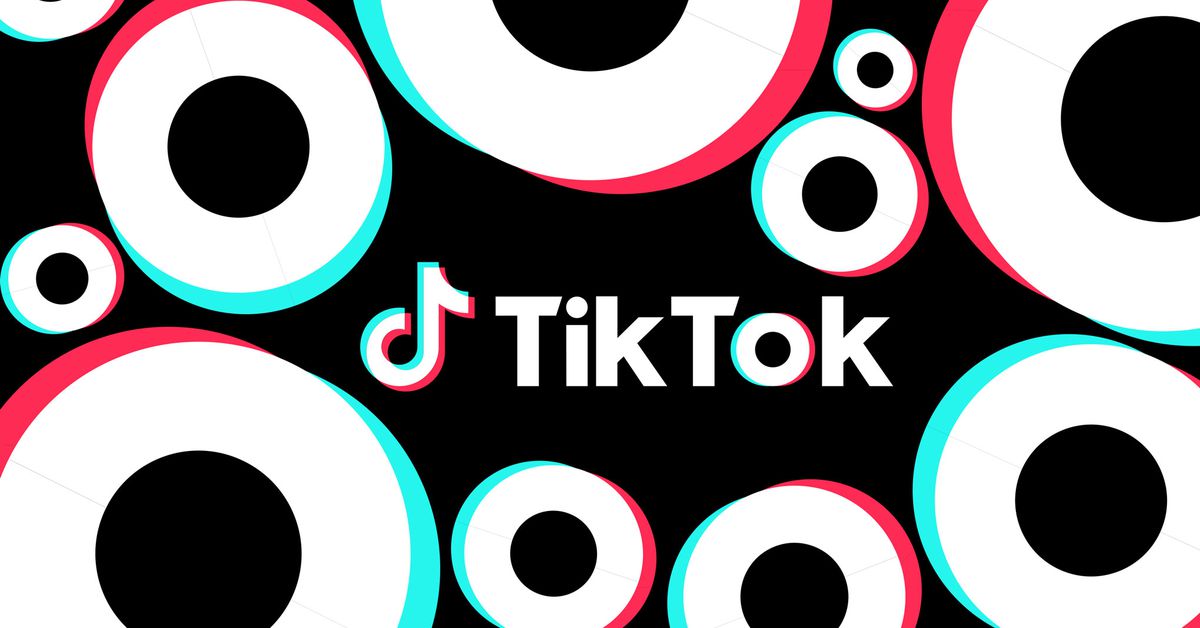TikTok has just ten days until it faces a possible ban in the US. If the Supreme Court declines to halt the law before January 19th, and TikTok isn’t spun off from its Chinese parent company ByteDance, companies like Apple and Google will be forced to stop maintaining the app in their app stores or letting it push updates.
The app’s fate will likely look clearer after Friday, when TikTok and the DOJ are slated to present oral arguments to the Supreme Court over whether the law that could ban TikTok violates the First Amendment. The court declined to stop the clock prior to oral arguments, but left open the possibility of granting a pause after hearing from both sides.
As TikTok barrels toward a ban, here’s what we know about what could happen next — including how Trump could intervene, how China might respond, and who would buy the app if it somehow ends up on the market.
TikTok’s chances in the Supreme Court
After years of delays, TikTok is down to the wire on a ban and has limited options for avoiding it on January 19th:
- Get the Supreme Court to strike down the law, send it back to the lower court, or extend its deadline for a sale.
- Get President Joe Biden to extend the timeline for a sale, up to 90 days, before his term ends on January 20th.
- Get President-elect Donald Trump, who has a soft spot for TikTok, to halt enforcement of the law after he’s sworn in.
- Get Congress to pass another law, repealing its original mandate.
- Make what the president determines is a “qualified divestiture” from its Chinese parent company ByteDance, likely including having less than 20 percent of the company controlled by someone from an adversarial nation.
This case is unusual and potentially difficult for the Supreme Court to decide because it pits two important interests against one another: protecting free speech and protecting national security. That could result in some surprises when the justices hear oral arguments on Friday. But given how easily judges on the DC Circuit Court reached their conclusion that the law could survive even the highest threshold of First Amendment scrutiny, legal experts say TikTok could face a difficult path to victory.
The Supreme Court agreed to evaluate whether the Protecting Americans from Foreign Adversary Controlled Applications Act, which passed by a wide margin last year, violates the First Amendment when applied to TikTok. The Department of Justice has argued that the law is a constitutional and necessary step to safeguard US national security, while TikTok and a group of its creators say it threatens to stifle the free speech of the company and the millions of Americans who use it.
Cardozo School of Law professor Saurabh Vishnubhakat says the makeup of the DC Circuit panel — consisting of judges appointed by presidents of both parties — may “represent a pretty good cross-section of how the current composition of the Supreme Court might also approach this.” While he says “it’s not a perfect mapping,” it’s close enough to make him believe the justices will agree that the executive and legislative branches’ national security justifications are compelling.
It’s not a good sign for TikTok that the court waited on deciding whether to block the law
If the justices decide to apply strict scrutiny under the First Amendment, they could be less likely to simply defer to Congress. “The court may or may not feel in certain instances like it’s their job to second-guess too vigorously what Congress could have done,” says Vishnubhakat. But in a First Amendment analysis, while he says the court won’t consider the other branches’ opinions “irrelevant,” justices may not hesitate to overrule them.
It’s not a good sign for TikTok that the court waited on deciding whether to block the law. As Vishnubhakat points out, only four justices are needed to take up a case — but to grant a stay, a majority must decide that letting the law stand will cause irreparable harm and that TikTok will likely succeed on the merits of its case. The four justices also aren’t necessarily on TikTok’s side; they could just as well want to leave their mark on a contentious legal question.
Sahar Abi-Hassan, an assistant professor in political science at Northeastern University who studies the behavior of the Supreme Court, says the court might side with TikTok for several reasons, including its historical hesitance toward restricting speech. But she finds it more likely that the court upholds the law.
“This statute has broad support — it was passed in a bipartisan way, and so pretty much the court would be going against the general will of Congress, and even the will of the executive branch in this case” in a TikTok victory, she says. But, she adds, the justices may opt to rule in a way that doesn’t set broad precedent for companies beyond TikTok, either by narrowly tailoring a decision and framing it around business regulation or by issuing a plurality opinion, where fewer than five justices sign onto the majority opinion.
Abi-Hassan says the lack of public evidence for TikTok’s national security risks could play a role in the justices’ decision-making. “If you look at previous cases where the government has alleged national security concerns, it’s usually clearer,” says Abi-Hassan, pointing to decisions over issues like the Pentagon Papers. “We don’t actually have the evidence, and we don’t really have a good understanding of how they came to the conclusion that this platform represented a national security threat.”
What Trump could do
Trump has promised to save TikTok, but those promises have been short on details. If the law is upheld, he has two options: instruct the DOJ not to enforce the law or broker a deal.
The first option could effectively thwart Congress, though it’s possible app stores or internet hosting companies could ban TikTok anyway, deciding it’s not worth the risk of being fined $5,000 per user who accesses the app. “The executive branch has that ability not to enforce a law, and in that case, Congress doesn’t really have a lot of leeway in that,” says Abi-Hassan. But the Supreme Court can order the DOJ to comply with the law, and if the department can’t find a creative way to get around those instructions, it could be held in contempt of court.
Meanwhile, Trump has said he would love to broker a TikTok sale, perhaps by resurrecting aspects of an earlier planned deal with Oracle and Walmart. But that depends on China coming to the table — which is far from guaranteed.
What China could do
Should SCOTUS uphold the law, the Chinese government has the final say over whether ByteDance can sell TikTok and avoid a ban. Hopeful buyers are betting it will greenlight a deal once ByteDance exhausts its legal options. But Long Le, a global business expert and associate teaching professor at Santa Clara University, says it’s highly unlikely the Chinese government will support a sale of the app.
TikTok isn’t available in China, where ByteDance offers a separate app dubbed Douyin. But it’s still extraordinarily valuable for the Chinese government. ByteDance is a homegrown champion in the tech space, and Le predicts the government would be unlikely to give up the global competitiveness its ownership of TikTok affords. TikTok has hundreds of millions of users outside the US, and ByteDance and China may gamble that if they wait the American government will eventually relent, Le says.
“They see this as illustrating that US leadership in the world is not all that positive.”
Last year, Chinese foreign ministry spokesperson Wang Wenbin said publicly that forcing a TikTok sale or ban “will inevitably come back to bite the United States,” calling it “bullying behavior” that “damages the confidence of international investors in the investment environment, and damages the normal international economic and trade order.”
“They see this as illustrating that US leadership in the world is not all that positive,” says Le. “For them it’s like, they’re biting the bullet of they’re losing out on a market. But from a political perspective, they think this might serve them well.”
Who might buy TikTok and what it would look like
If China does agree to let ByteDance sell TikTok (likely without its coveted recommendation algorithm), antitrust enforcers would probably block tech giants like Meta and Google from buying it.
Along with players that have previously expressed interest, like Walmart and Oracle, possible contenders include some wildcard bids — including a coalition called Project Liberty.
Project Liberty was founded by billionaire Frank McCourt on the promise of giving users more control over their data. The group is not interested in buying TikTok’s algorithm, which is subject to export controls imposed by the Chinese government. “I hear this over and over again, ‘the TikTok algorithm’s awesome,’” says McCourt. “And, yeah, it is. But, you know, democracy is pretty awesome too.”
Project Liberty hopes to buy TikTok’s user base, content, and brand, then run that app with new and less opaque recommendation systems. “That’s why we feel our bid is viable, because we’re fulfilling one of the core criteria of China — which is not letting go of the algorithm — at the same time where we’re addressing President-elect Trump’s desire not to see the app banned,” McCourt says.
McCourt says he’s still yet to see “any indication that they’re willing to sell”
McCourt believes that despite the geopolitical concerns, China still wants to be seen as open for business to the West. And there’s an incentive to make the deadline: if app stores are forced to stop updating TikTok on January 19th, its value will start to plummet while it’s in limbo and users move elsewhere.
As of this week, McCourt says he’s still yet to see “any indication that they’re willing to sell.” Nonetheless, he’s holding out hope. “People are able to change their mind if circumstances change,” he notes.
